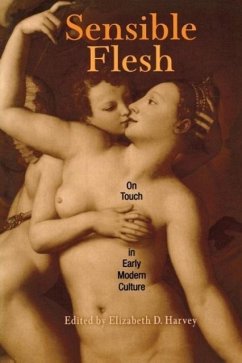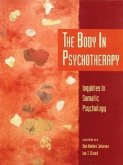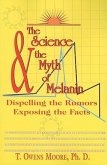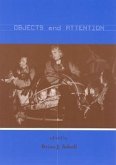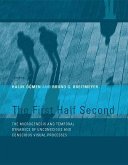This ground-breaking interdisciplinary collection explores the complex, ambiguous, and contradictory sense of touch in early modern culture. If touch is the sense that mediates between the body of the subject and the world, these essays make apparent the frequently disregarded lexicons of tactility that lie behind and beneath early modern discursive constructions of eroticism, knowledge, and art. For the early moderns, touch was the earliest and most fundamental sense. Frequently aligned with bodily pleasure and sensuality, it was suspect; at the same time, it was associated with the authoritative disciplines of science and medicine, and even with religious knowledge and artistic creativity. The unifying impulse of Sensible Flesh is both analytic and recuperative. It attempts to chart the important history of the sense of touch at a pivotal juncture and to understand how tactility has organized knowledge and defined human subjectivity. The contributors examine in theoretically sophisticated ways both the history of the hierarchical ordering of the senses and the philosophical and cultural consequences that derive from it. The essays consider such topics as New World contact, the eroticism of Renaissance architecture, the Enclosure Acts in England, plague, the clitoris and anatomical authority, Pygmalion, and the language of tactility in early modern theater. In exploring the often repudiated or forgotten sense of touch, the essays insistently reveal both the world of sensation that subtends early modern culture and the corporeal foundations of language and subjectivity.

